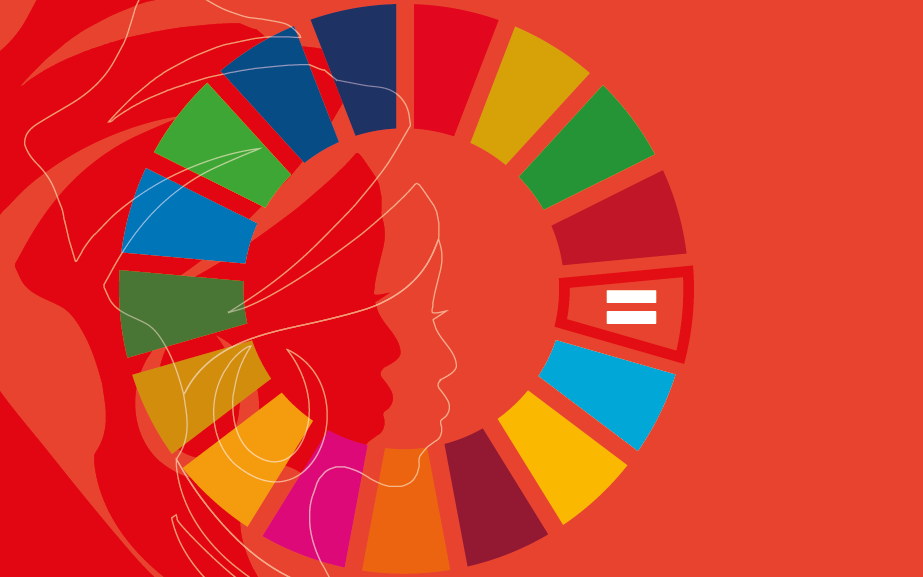CONCEPT NOTE
INTERNATIONAL WOMEN’S DAY 2020
Theme: "I am Generation Equality: Realizing Women’s Rights”
Green Room FAO HQ
March 6, 2020
 The International Women's Day (IWD) is a global day to celebrate the social, economic, cultural and political achievements of women, while also making a call to action for strengthening gender equality and accelerating women’s empowerment.
The International Women's Day (IWD) is a global day to celebrate the social, economic, cultural and political achievements of women, while also making a call to action for strengthening gender equality and accelerating women’s empowerment.
The United Nations theme for the observance of the IWD 2020 is: "I am Generation Equality: Realizing Women’s Rights”. Since 2020 marks also the 25th anniversary of the Fourth World Conference on Women, which took place in Beijing in September 1995, this year’s IWD presents a unique opportunity to review the global progress made on gender equality and women’s empowerment in the last 25 years, identify the gender gaps that still remain, and outline the way forward.
Experience shows that when rural women have better access to resources, services and economic opportunities, the result is increased food security and improved nutrition. Yet, there are still many gaps in our knowledge about the differences between men and women in terms of their roles and opportunities in the agricultural sector, and how such gender disparities play out in different ecological, cultural and political contexts. In the context of resilience, rural women
are often highly vulnerable to food insecurity. Furthermore, harmful social norms and stereotypes on what women can or should do persist in many parts of the world, but these are difficult to address through conventional interventions. For example, food taboos that are detrimental to women’s health and nutrition are still prevalent in many countries. A lack of awareness and understanding of these issues is hampering decision-making about agriculture, rural development, food security, nutrition, and humanitarian assistance.
The three Rome-based agencies will commemorate this year’s IWD with an event that brings together Member States, the international community, high-level experts, civil society and other stakeholders to discuss how we can close the existing gender gaps in agriculture and rural livelihoods, and how doing so will contribute to achieving progress for all. New findings about the different roles of women and men in agriculture, food security and nutrition will be presented and their implications for policies and programmes will be discussed. The event will also showcase good practices in establishing national policies and programmes for promoting gender equality and rural women’s empowerment.
FAO will host the IWD 2020 event, on behalf of the Rome-Based Agencies.
